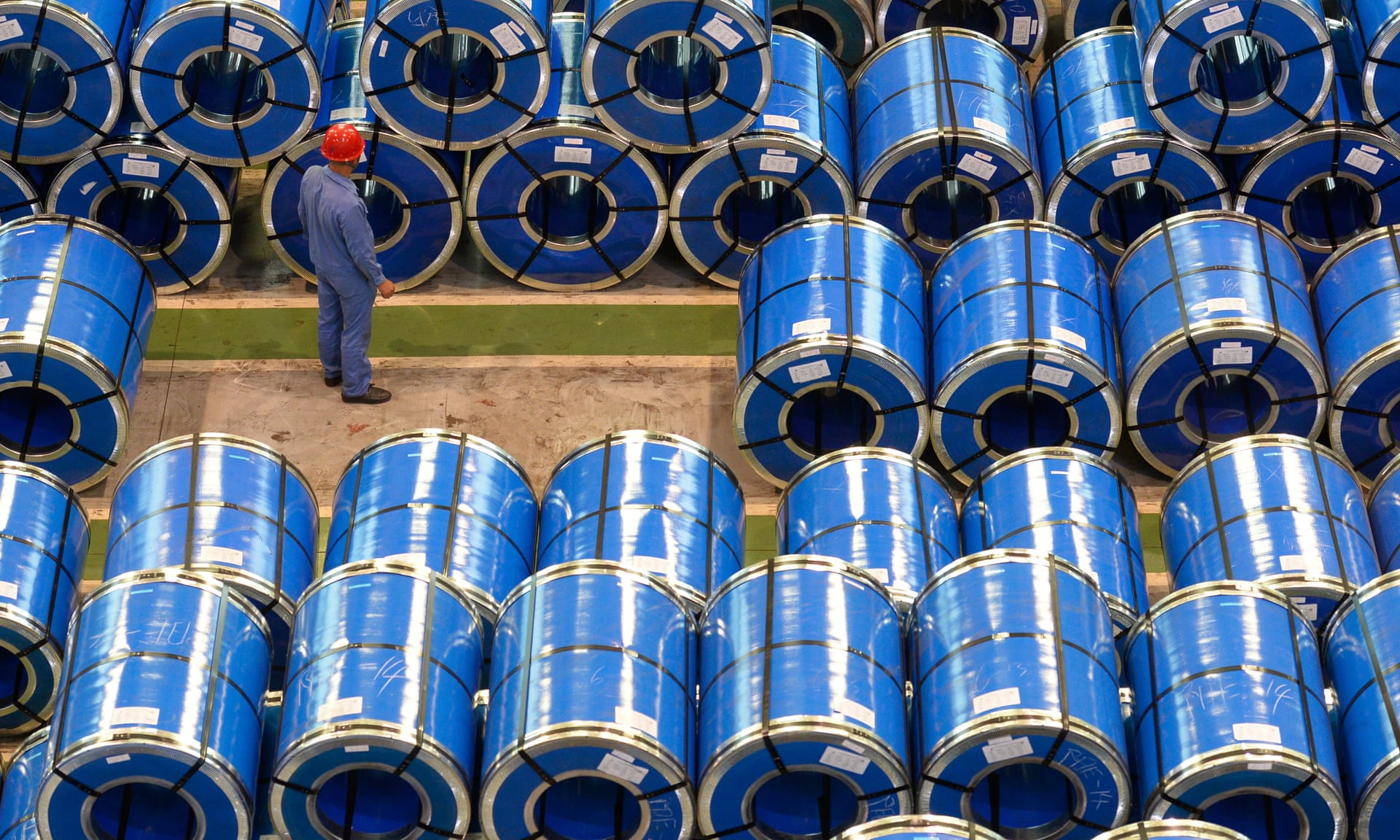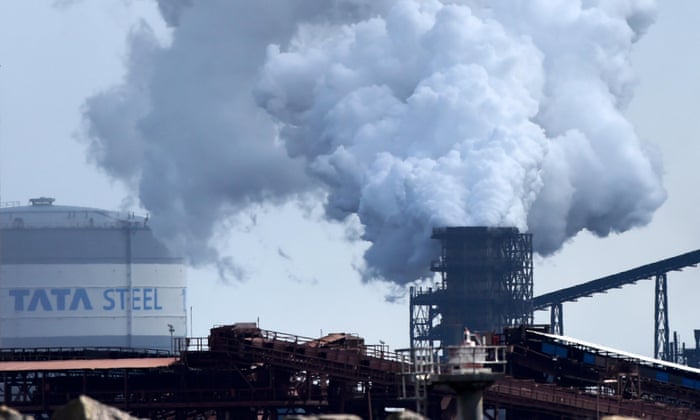By JACK EWING and LIZ ALDERMAN

Siemens Alstom would make systems and equipment for two of Europe’s high-speed rail lines, Germany’s ICE and France’s TGV, which can zip between cities at about 185 m.p.h.
FRANKFURT — Once, the merger of two iconic European companies might well have been derailed by regional political rivalries.

Siemens Alstom would make systems and equipment for two of Europe’s high-speed rail lines, Germany’s ICE and France’s TGV, which can zip between cities at about 185 m.p.h.
FRANKFURT — Once, the merger of two iconic European companies might well have been derailed by regional political rivalries.
But in the case of a deal between Siemens and Alstom, those concerns have receded in the face of a larger threat: China.
The proposed merger of Europe’s two largest train makers, one German and one French, demonstrated on Wednesday that economic imperatives are pushing the Continent together even as populist politicians try to pull it apart.
Siemens, a German electronics and engineering giant, and France’s Alstom, a maker of the high-speed TGV, said late Tuesday that they will merge their units that make trains, streetcars and signaling systems.
The proposed merger of Europe’s two largest train makers, one German and one French, demonstrated on Wednesday that economic imperatives are pushing the Continent together even as populist politicians try to pull it apart.
Siemens, a German electronics and engineering giant, and France’s Alstom, a maker of the high-speed TGV, said late Tuesday that they will merge their units that make trains, streetcars and signaling systems.
The deal is backed by the French government, and the two companies provided details of the deal the following day.
The new company, to be called Siemens Alstom, is a response to intensifying competition from China Railway Rolling Stock Corporation, the state-backed train maker that has been winning contracts in the United States and emerging markets where mass transit is a fast-growing business.
The company’s success is emblematic of China’s increasing economic power, which, combined with a more isolationist American foreign policy, is forcing European leaders to violate old taboos in order to improve the functioning of the European Union and its economy.
The new company, to be called Siemens Alstom, is a response to intensifying competition from China Railway Rolling Stock Corporation, the state-backed train maker that has been winning contracts in the United States and emerging markets where mass transit is a fast-growing business.
The company’s success is emblematic of China’s increasing economic power, which, combined with a more isolationist American foreign policy, is forcing European leaders to violate old taboos in order to improve the functioning of the European Union and its economy.
“The message of this merger is that the European spirit is alive,” Joe Kaeser, the chief executive of Siemens, said at a news conference in Paris on Wednesday.
“That’s a powerful message in times that are marked by populism and nationalism and social and political divides.”
The announcement comes just days after a far right party won seats in the German Parliament for the first time since World War II.
The announcement comes just days after a far right party won seats in the German Parliament for the first time since World War II.
On Tuesday, Emmanuel Macron, the French president, called for “the rebuilding of a sovereign, united and democratic Europe” that would include stronger border controls but also a European budget large enough to help countries in economic trouble.
Competition from China has already been a factor in other big European mergers.
Competition from China has already been a factor in other big European mergers.
Last week, the German steel giant ThyssenKrupp said it would merge its European steel operations into a joint venture with Tata Steel.
And last year, Nokia of Finland acquired Alcatel-Lucent, a French maker of telecommunications equipment, in part to address intense competition from China’s Huawei.
Other sectors, like shipbuilding or semiconductors, could also be ripe for mergers.
Mr. Macron has made competition from China a central focus of his European policy drive.
Other sectors, like shipbuilding or semiconductors, could also be ripe for mergers.
Mr. Macron has made competition from China a central focus of his European policy drive.
This year, he proposed Europe-wide scrutiny of any new major stakes by Chinese companies in European industrial jewels, but was met with resistance by small countries like Greece and Hungary, which are eager for new investment.
The French president and other European leaders have grown increasingly alarmed that the E.U. is ceding control of advanced technology to China.
The French president and other European leaders have grown increasingly alarmed that the E.U. is ceding control of advanced technology to China.
In a recent speech in Athens, Mr. Macron called for strengthening the bloc into a “power that can face the U.S. and China.”
Those concerns deepened after a state-owned Chinese chemical company, ChemChina, bought the Swiss pesticides and seeds group Syngenta this summer for $43 billion.
Those concerns deepened after a state-owned Chinese chemical company, ChemChina, bought the Swiss pesticides and seeds group Syngenta this summer for $43 billion.
The Chinese state-backed shipping conglomerate Cosco recently took a majority stake in Greece’s Piraeus port to anchor China’s New Silk Road through Europe.
Germany itself has been no stranger to takeover bids by Chinese state-backed firms.
Just weeks ago, Chancellor Angela Merkel of Germany tightened rules to limit takeovers of German strategic assets, a move aimed at Beijing.
Chinese competition was a driving factor in Mr. Macron’s backing to seal a deal between Alstom and Siemens, despite outcries from political opponents in France that he was handing over a French icon to the Germans.
“The big story here is the French willingness to let this happen,” said Mikko Huotari, director of the international relations program at the Mercator Institute for China Studies in Berlin.
Just weeks ago, Chancellor Angela Merkel of Germany tightened rules to limit takeovers of German strategic assets, a move aimed at Beijing.
Chinese competition was a driving factor in Mr. Macron’s backing to seal a deal between Alstom and Siemens, despite outcries from political opponents in France that he was handing over a French icon to the Germans.
“The big story here is the French willingness to let this happen,” said Mikko Huotari, director of the international relations program at the Mercator Institute for China Studies in Berlin.
“Alstom is one of the crown jewels of French industry.”
The Siemens-Alstom deal is in part a bid that being bigger may be a better way to counter China Railway Rolling Stock, known as CRRC, which has grown into the world’s largest and most competitive maker of railway equipment.
The Siemens-Alstom deal is in part a bid that being bigger may be a better way to counter China Railway Rolling Stock, known as CRRC, which has grown into the world’s largest and most competitive maker of railway equipment.
The European company could yet grow further: Ahead of Tuesday’s announcement, there had been speculation that Siemens could link up with Bombardier of Canada.
On Wednesday, Mr. Kaeser of Siemens did not rule out that Bombardier could later become part of the combined company.
Still, with sales of over $33 billion last year and 180,000 employees worldwide, CRRC is bigger than the train businesses of Siemens, Alstom and Bombardier combined.
Last year, the Chinese company secured contracts to build 64 subway cars for the city of São Paulo, and sold more than 800 railway cars to Chicago for $1.3 billion, winning the deal by submitting a cheap bid with good technology.
“Of course CRRC is extremely strong, and has changed a little bit the picture of the market,” Henri Poupart-Lafarge, the chief executive of Alstom, told reporters Wednesday.
Mr. Poupart-Lafarge will be chief executive of the new company, which will have its headquarters in Paris.
Still, with sales of over $33 billion last year and 180,000 employees worldwide, CRRC is bigger than the train businesses of Siemens, Alstom and Bombardier combined.
Last year, the Chinese company secured contracts to build 64 subway cars for the city of São Paulo, and sold more than 800 railway cars to Chicago for $1.3 billion, winning the deal by submitting a cheap bid with good technology.
“Of course CRRC is extremely strong, and has changed a little bit the picture of the market,” Henri Poupart-Lafarge, the chief executive of Alstom, told reporters Wednesday.
Mr. Poupart-Lafarge will be chief executive of the new company, which will have its headquarters in Paris.
The Mobility Solutions unit of Siemens Alstom, which provides systems to control rail traffic and is more profitable than the unit that makes trains and streetcars, will be based in Berlin.
The new company will have annual revenue of €15.3 billion, an order backlog valued at €61.2 billion and more than 62,000 employees worldwide.
Alstom in particular is a symbol of national technological might for the French, with high-speed TGV trains racing across the countryside, and Eurostar trains connecting Paris to London in just over two hours through the Eurotunnel.
While populist parties such as the National Front are hostile to closer political ties in the European Union, they are less likely to oppose corporate mergers that protect European companies from foreign competition.
Pro-European political leaders like Mr. Macron have themselves not been averse to government intervention to protect jobs at home.
Despite pledges to be less protectionist than his predecessors, Mr. Macron has shown a willingness to involve the state in industrial policy by getting involved in big deals.
The new company will have annual revenue of €15.3 billion, an order backlog valued at €61.2 billion and more than 62,000 employees worldwide.
Alstom in particular is a symbol of national technological might for the French, with high-speed TGV trains racing across the countryside, and Eurostar trains connecting Paris to London in just over two hours through the Eurotunnel.
While populist parties such as the National Front are hostile to closer political ties in the European Union, they are less likely to oppose corporate mergers that protect European companies from foreign competition.
Pro-European political leaders like Mr. Macron have themselves not been averse to government intervention to protect jobs at home.
Despite pledges to be less protectionist than his predecessors, Mr. Macron has shown a willingness to involve the state in industrial policy by getting involved in big deals.
Last month, he temporarily nationalized one of France’s biggest shipyards, STX France, to prevent it from being taken over by an Italian competitor.
As France’s economy minister, he pushed through a government plan last year to order €630 million worth of new TGV trains — most of which were not calibrated to run on faster tracks — from an Alstom factory in the eastern town of Belfort to prevent hundreds of jobs there from moving to another plant.
The Alstom deal with Siemens also reflects, however, a willingness to be flexible to protect broader French interests.
On Tuesday, the country’s finance minister, Bruno Le Maire, said the French government welcomed the deal with Siemens, characterizing it as one that protected French jobs at Alstom.
As France’s economy minister, he pushed through a government plan last year to order €630 million worth of new TGV trains — most of which were not calibrated to run on faster tracks — from an Alstom factory in the eastern town of Belfort to prevent hundreds of jobs there from moving to another plant.
The Alstom deal with Siemens also reflects, however, a willingness to be flexible to protect broader French interests.
On Tuesday, the country’s finance minister, Bruno Le Maire, said the French government welcomed the deal with Siemens, characterizing it as one that protected French jobs at Alstom.

